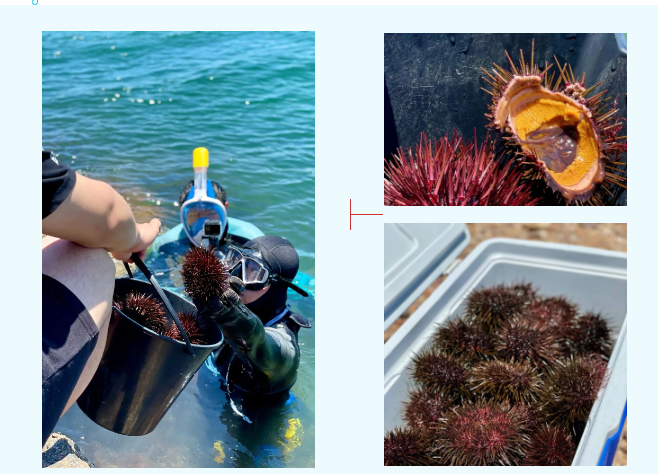Australia is a popular destination for students, professionals, and families seeking new opportunities. However, understanding the latest immigration rules is crucial for a smooth transition. Here’s an overview of the most recent updates and how they might affect your plans:
1. Changes to Skilled Migration Visas
The Australian government has made several changes to skilled migration visas to address labor shortages and boost economic growth. Key updates include:
- Expanded Occupation Lists: More occupations have been added to the Priority Migration Skilled Occupation List (PMSOL), allowing applicants with skills in high-demand areas to fast-track their visa process.
- Increased Visa Quotas: The number of places available for skilled visas has increased, providing more opportunities for qualified professionals.
2. New Pathways for Temporary Visa Holders
Temporary visa holders, including those on student visas, now have additional pathways to transition to permanent residency:
- Graduate Visa Extensions: Recent graduates in sectors experiencing skill shortages can apply for an extended Temporary Graduate visa (subclass 485).
- Temporary Skill Shortage (TSS) Visa: Temporary workers can transition to permanent residency through the Employer Nomination Scheme (ENS) after working in Australia for three years.
3. Enhanced Family Reunion Programs
Family reunion programs have been expanded to make it easier for families to reunite in Australia:
- Parent Visa Changes: Reduced wait times and increased quotas for Parent visas (subclasses 103 and 143) allow parents of Australian citizens and permanent residents to join their families more quickly.
- Partner Visa Simplification: Streamlined processing for Partner visas (subclass 820/801 and 309/100) ensures quicker reunification for couples.
4. Regional Migration Incentives
To encourage settlement in regional areas, the government has introduced incentives for migrants willing to live and work outside major cities:
- Regional Visas: The Regional Skilled Visa (subclass 491) and the Regional Permanent Residency Visa (subclass 191) offer additional points and faster processing times for those who choose regional areas.
- State and Territory Nomination: Increased state and territory nomination quotas for regional visas provide more opportunities for applicants with skills needed in specific regions.
5. Increased Focus on English Proficiency
Proficiency in English is now more important for many visa categories:
- English Language Requirements: Higher English language proficiency scores are required for skilled migration visas to ensure better integration and job readiness.


